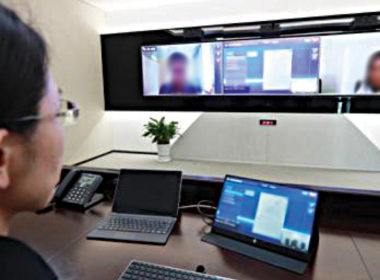Snapshot
- As cyber criminals capitalise on the chaos caused by mass workplace closures and the increase in staff accessing business networks remotely, it is especially important to ensure your clients’ and your firm’s data remains protected.
- This article offers some helpul tips for the legal profession to promote cyber health while working remotely.
Experts are warning of the likelihood of a new wave of cyber attacks targeting people working remotely due to coronavirus.
Over the past few months, we have been inundated with headlines such as “Hackers are using corona virus concerns to trick you” (Marketwatch) and “We weren’t ready for a pandemic, but we better be ready for a cyberattack” (Washington Post). The Australian Cyber Security Centre has also issued a series of alerts about the increase in phishing emails, new COVID-19 inspired scams and the added security risks associated with video conferencing. The Centre has also issued some tips for people working remotely from home, see: www.cyber.gov.au/advice/covid-19-cyber-security-tips-when-working-home.
Law firms should be aware of the possibility of, and start planning for an increase in, cyberattacks as cyber criminals capitalise on the chaos caused by mass workplace closures and the increase in staff accessing business information systems and networks remotely. During this time, it is especially important to ensure that your clients’ and your firm’s data remains protected. The following tips are geared toward cyber health for the legal profession but are general in nature and should not be construed as a one-size-fits-all approach to ensuring cyber security. You may need to seek external professional advice about how to translate cyber security guidance into practical processes.




